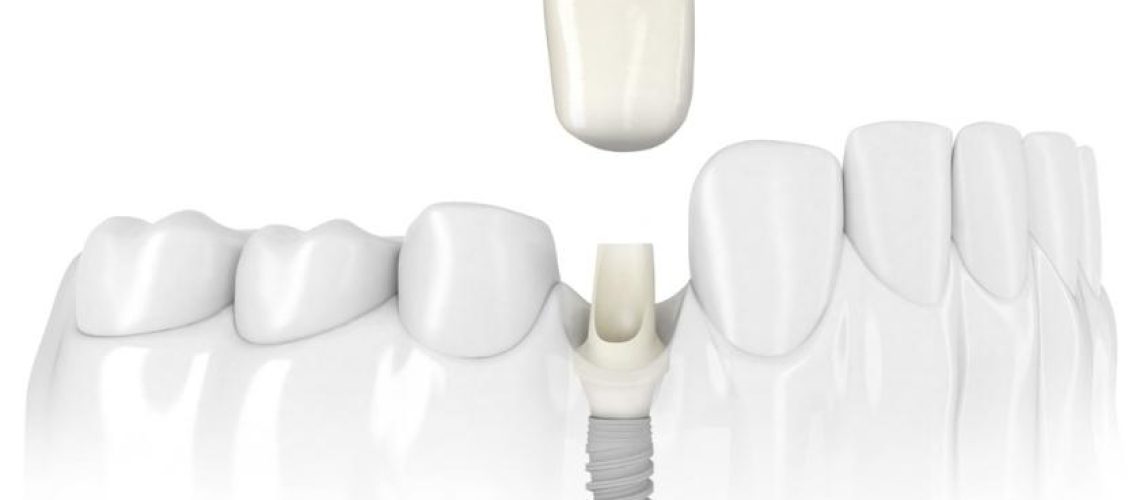Dental implants have revolutionized the field of dentistry, providing a long-lasting and natural-looking solution for people with missing teeth. However, despite their proven track record and numerous success stories, dental implants are still surrounded by myths and misconceptions. In this blog post, we’ll debunk some of the most common myths about dental implants and shed light on the truth behind these remarkable tooth replacements.
Myth 1: Dental Implants Can Rust or Corrode
Some people worry that dental implants can rust or corrode over time, leading to health concerns. In reality, dental implants are typically made from biocompatible materials like titanium or zirconia, which are highly resistant to corrosion and degradation. These materials are chosen for their durability and compatibility with the human body, ensuring that your dental implants remain stable and safe for many years.
Myth 2: Dental Implants Look Unnatural
Another common misconception is that dental implants look fake or unnatural. In truth, dental implants are designed to mimic the appearance of natural teeth closely. Skilled implant dentists carefully match the color, shape, and size of the implant crown to your existing teeth, ensuring a seamless blend with your smile. Most people won’t be able to tell the difference between your dental implant and your natural teeth.
Myth 3: Dental Implants Can Cause Health Problems
There is a misconception that dental implants can lead to health issues or interfere with other medical conditions. Dental implant materials are biocompatible, which means they are well-tolerated by the body. In fact, dental implants can often improve overall oral health by preventing bone loss and maintaining the alignment of surrounding teeth. Consult with your dentist and inform them of any medical conditions you may have to ensure the safety and success of your implant procedure.
Cosmetic Dentistry Grants Program
Myth 4: Dental Implants Require Special Dietary Restrictions
Some people think that dental implants come with strict dietary restrictions and limitations on what you can eat. In reality, dental implants are incredibly sturdy and can handle most foods, including crunchy and tough items. Unlike removable dentures, there is no need to worry about your implants slipping or breaking while eating. However, it’s essential to maintain a balanced diet and practice good oral hygiene to keep your implants and natural teeth healthy.
Myth 5: Dental Implants Can Fall Out
This myth is far from the truth. Dental implants are surgically anchored into your jawbone, making them a permanent part of your oral structure. Once they integrate with your bone, they are incredibly stable and won’t fall out under normal circumstances. However, proper oral hygiene and regular check-ups are essential to prevent any issues that could compromise the implant’s stability.
Myth 6: Dental Implants Are Prone to Infection
Some people worry that dental implants can easily become infected. While it’s true that any surgical procedure carries a minimal risk of infection, dental implant placement is a sterile and controlled procedure. Dentists take stringent precautions to minimize infection risk, and patients are typically prescribed antibiotics as a preventive measure. Maintaining good oral hygiene and attending regular check-ups can further reduce the risk of infection around dental implants.
Dental implants have emerged as a transformative and reliable solution for individuals with missing teeth. By dispelling these common myths, we hope to provide you with a more accurate understanding of the benefits and realities of dental implant treatment. If you are considering dental implants, consult with a qualified dental professional who can assess your specific situation and guide you through the process to restore your smile, function, and confidence. Remember that dental implants are a well-established and successful dental restoration option that can greatly improve your quality of life.

